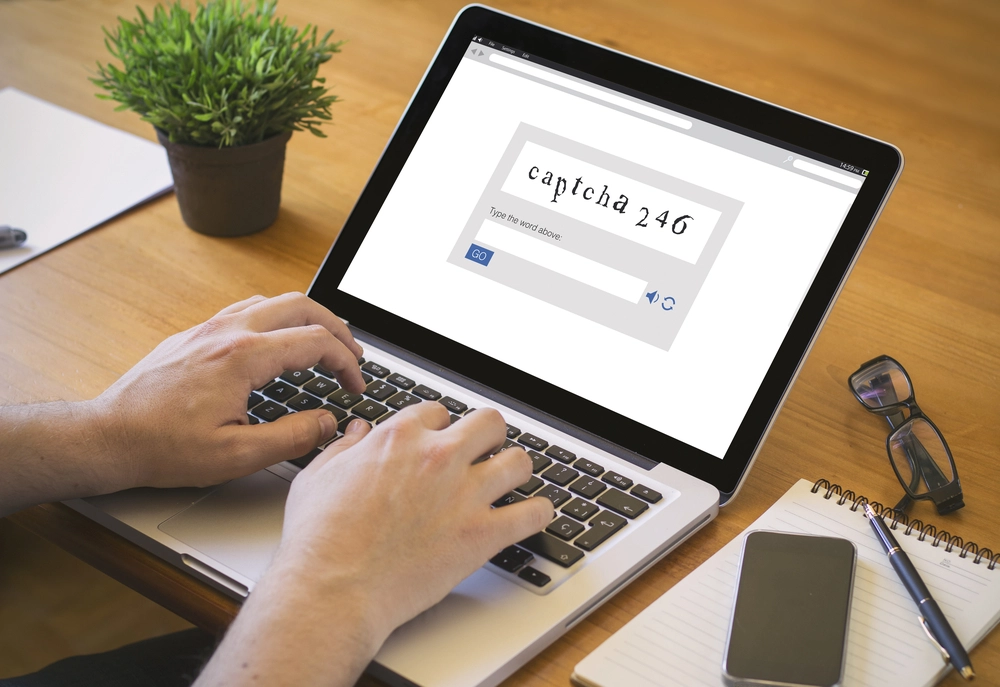You’ve just set up a WordPress website for your business, blog or personal site. Congratulations! But now that it’s up and running, there are some important things you need to do to ensure that it remains secure. Some of these steps are easy, while others require more time and energy. The good news is they’re all worth it: by taking these simple steps, you’ll protect yourself from hackers who want nothing more than to steal your data (and the valuable information they hold).
1. Get a Secure Web Host
Your WordPress website is only as secure as the host it’s on. A good host will have up-to-date security protocols and will keep your site safe from hackers. Some of these include:
- Free hosts are not recommended for your site because they don’t have the resources to invest in security measures like some paid hosts do.
- Hosts with bad reviews or complaints should also be avoided, since this means that customers had issues maintaining their websites on that platform and you don’t want those problems brought into your own business’ life cycle either. You can check out sites like WebHostingTalk where people share their experiences with different web hosts, so take advantage of them to make sure you’re choosing wisely!
- Uptime is also incredibly important when considering a new provider; if they’re offline often due to server issues then this can lead directly into damage done by hackers because there’s no one around to protect against attacks until service returns (which may take days!).
2. Use Strong Passwords
The first step to keeping your website safe is by using strong passwords. You should be using at least 8 characters and all letters, numbers, and symbols. Your password should not contain dictionary words or names. It is recommended that you use a password manager to store your passwords.
Here are some tips for creating strong passwords:
- Use a combination of letters, numbers and symbols (see the examples below)
- Avoid using personal information (e.g., birth dates)
- Re-use the same password across multiple sites if possible
3. Lock Out Brute Force Attacks
One of the most common types of attacks is a brute force attack. This is when someone uses software that tries to guess your password over and over again, like an automated computer program.
A brute force attack can be stopped in one of two ways: by locking out the user who is trying to hack into your site or by using an algorithm that makes it impossible for them to break into your site in the first place.
4. Prevent Access to Your Login Page
One of the easiest ways to secure your WordPress site is to make sure that it’s not publicly accessible. If someone is able to access your login page, they may be able to learn passwords and usernames, which can give them access to other parts of your site. There are two main ways you can prevent this from happening:
- Use .htaccess (a configuration file for Apache web servers) to add the following code:
Order Deny,AllowThis will block anyone who tries to access the file directly or through another URL. You can also use .htaccess files in subdirectories if you have multiple logins on a single website; just include an asterisk (*) before each directory name in order for it all work together seamlessly
5. Deactivate or Delete any Unused Plugins
It’s easy to forget that your website has many different plugins to help you accomplish different tasks. This is great, but if you’re not using a particular plugin anymore, it should be deactivated. In fact, it’s best practice to deactivate any plugins that you’re not using immediately after installation so as not to leave them active on your site.
6. Only Install Trusted Themes and Plugins
- Only install themes and plugins from trusted sources.
- All themes and plugins aren’t created equal—make sure to check the reviews before installing anything.
- Also check out the developer’s website before installing anything.
7. Keep Your Software Updated
Update your WordPress theme. You can find out how to do this by checking your theme’s documentation or by contacting the developer directly. In addition to updating themes from time to time, you should also disable any plugins that aren’t being used anymore so that they don’t continue to receive updates.
8. Enable Two-Factor Authentication
Two-factor authentication (also known as 2FA) is a security method that requires two different factors to verify your identity. The first factor is something you know, such as a password; the second factor is something you have, like an access code generated by an app on your phone. When you enable 2FA for your WordPress website, it will require you to enter both of these pieces of information before connecting to your site remotely or logging in through a WordPress account.
9. Make Regular Backups
- Use a backup plugin.
- Make sure you have enough space to store the backups.
- Make sure you have enough bandwidth to download the backups if necessary.
- Make sure you have enough time to download the backups if necessary.
Conclusion
We hope we’ve convinced you that WordPress security is a serious issue. If you take the time to follow these tips, your site will be much more secure.





